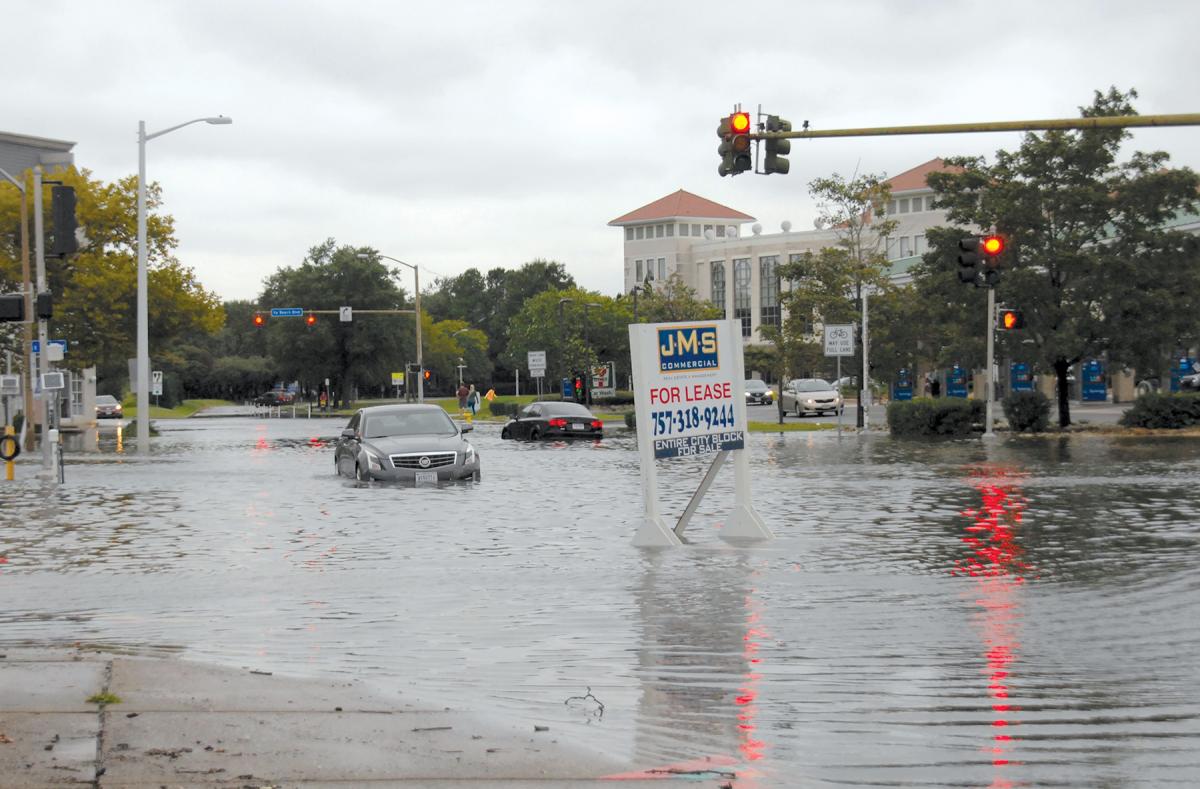Despite its vastness (71 percent of Earth’s surface), the global ocean is changing in unprecedented ways and presenting challenges to the future world community. This is the message of a September 2019 Intergovernmental Panel on Climate Change (IPCC) Special Report on the Ocean and Cryosphere in a Changing Climate. Authored by 104 scientists from 36 countries, the report assessed nearly 7,000 scientific publications to reach its findings about the responses of the ocean and cryosphere—places on Earth where water is in solid form—to a changing climate.
The key connection among all these complex earth systems is water. The report identifies the important linkages between the ocean and cryosphere and the climate system and highlights the implications of ocean changes for resources, ecosystems, and humans.
The report’s most consequential marine findings concern a warming ocean. It notes that it is virtually certain the ocean has warmed since 1970, has absorbed more than 90 percent of the excess heat in the climate system, and very likely has absorbed 20–30 percent of anthropogenic carbon dioxide emissions since the 1980s.
The rate of ocean warming since 1993 likely has more than doubled in the surface ocean (down to 2,300 feet). Observations indicate the southern ocean around the Antarctic continent has absorbed 35–45 percent of the total (global) heat gain in the upper ocean between 1970 and 2017. The deep ocean below 6,500 feet globally likely also has warmed since the 1990s, especially (again) in the southern ocean. In addition, ocean data sets for the years 1970 to 2010 show that the open ocean likely has lost 0.5 to 3.3 percent of oxygen in the upper ocean (down to 3,280 feet). And marine heat waves—ocean areas of higher persistent temperatures—likely have doubled in frequency and are increasing in intensity.
All of these physical and chemical changes give rise to a toxic threat of warmer waters, a more acidic surface ocean (from increasing carbon dioxide intake), and a less oxygen-rich marine environment. These stresses are disruptive to all marine food webs and ecosystems and have been observed in the bleaching of coral reefs, the loss of habitats and biodiversity from low-oxygen levels, and fundamental changes in global fisheries, such as the forced migration of species to seek cooler waters and the loss of coastal marine food supplies and economies.
Many scientific studies on global sea level change have indicated increasing rates of change are in response to the Greenland and Antarctic ice sheets melting. The 2019 IPCC report confirms an acceleration in recent decades of global mean sea level rise due to the melting of glaciers and ocean thermal expansion, another consequence of a warming ocean. More (or more frequent) annual extreme flooding events are projected in many coastal areas, especially in the tropics, where increasing cyclonic winds, rainfall, and waves present intensified coastal hazards. Several Pacific island nations are threatened by rising sea levels.
The profound loss of Arctic sea ice also is reviewed in the special report. One key finding is that the sea ice reductions in September (a 12.8 percent loss each decade) likely has not happened in at least 1,000 years. Arctic sea ice has diminished in extent, thickness, and in the loss of multiyear ice during the period 1979 to 2018. The loss of summer sea ice not only continues to amplify warming in the Arctic Ocean (with larger areas of summer open water), but also provides for greater marine access throughout the basin and potentially longer seasons of navigation.
The implications for the current and future ocean have consequences for fishing, commercial shipping, coastal development, naval and coast guard operations (and shoreside infrastructure), and virtually every marine use. They have clear, profound influences on future global economics and stability when considering that 10 percent of the global population lives in the coastal zone and any major changes in fisheries could affect global food security.
Geopolitics and world economics associated with the mitigation and adaptation strategies addressing climate change and greenhouse gas emissions are complex and in many ways intractable. However, practical responses, risk management, early warning systems, and policy options for maritime and naval operations are identifiable. The observed and plausible future changes in the global ocean demand the most advanced and continual strategic planning and thinking by maritime states, the naval profession, and the global shipping enterprise.



